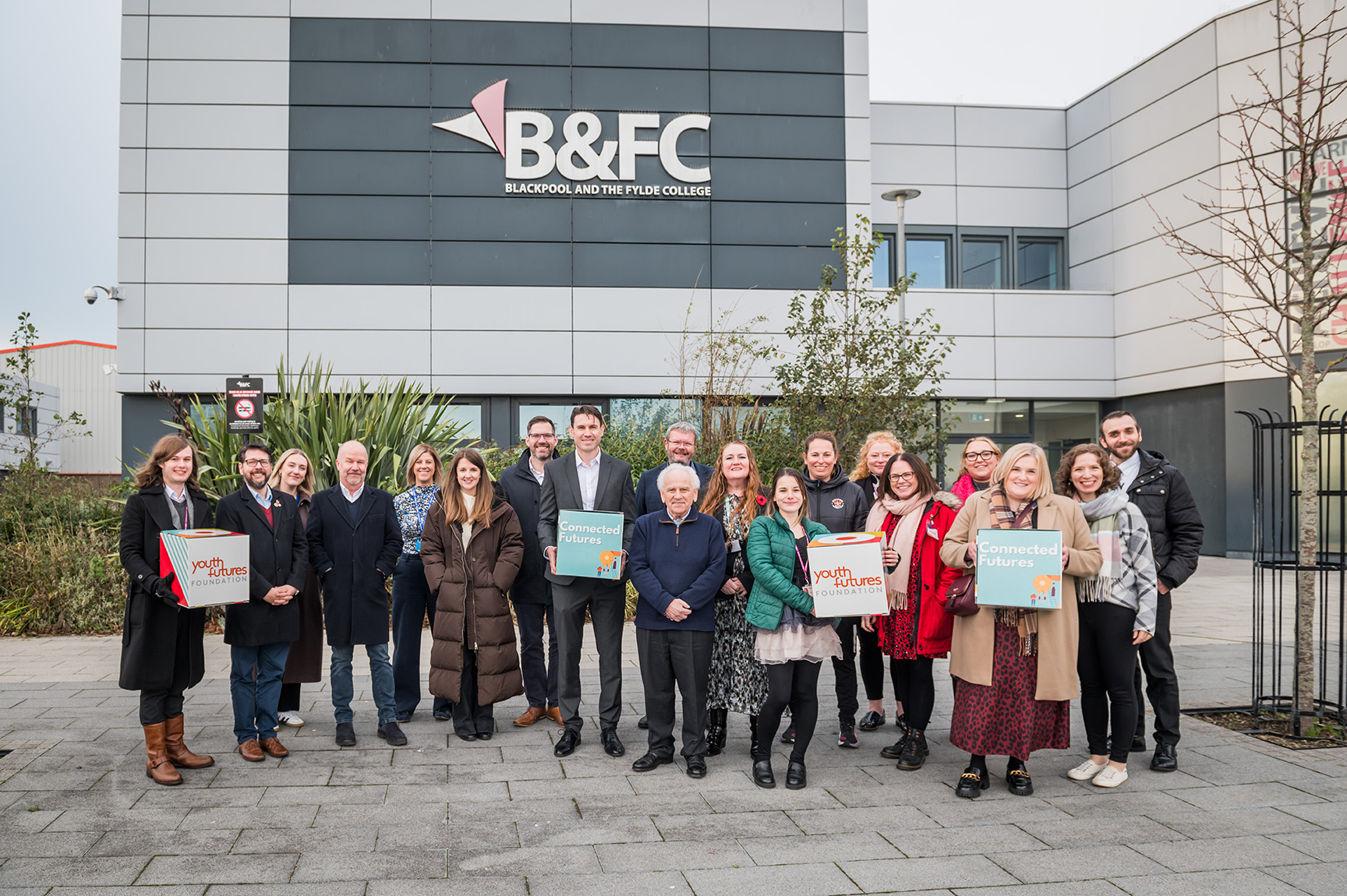Only one in four companies donate to charities, research by Charities Aid Foundation has found.
This sees most firms not giving anything to charity, either as cash donations, in-kind giving or through staff volunteering schemes, CAF warns.
This leaves firms at risk of losing the loyalty of their staff, particularly among their younger workers, its research suggests.
Just over half of all workers say working for a firm that supports charities increases their loyalty to their employer and their pride in working there.
This increases to more than three in five generation Z (16–24-year-olds) workers.
The research also found that just under half of employees say charity involvement by their bosses “increases their willingness to go the extra mile for their employer”.
However workers’ interest in their firms’ philanthropy differs across generations.
More than half of millennials (aged 25 to 34) join generation Z workers in also valuing charity work by their employer, but this drops to just below half among 45–54-year-olds.
Among over 55s only a third saw charity link ups and donation by firms positively.
“Giving to charities is good for business, said CAF head of corporate clients Philippa Cornish.
“It offers businesses the opportunity to demonstrate their commitment to their communities as well as their staff.
“To attract and retain new generations of workers, corporate giving is not just a nice to have.
“It’s become an important consideration about whether you want to work for somebody or not, and businesses should remember this, particularly when competition for talent is high.”
Firms that commitment to giving to good causes include financial services firm The Skipton Group, which commits 1% of its pre-tax profits to charity.
“Our charitable giving aims to help our members and wider society overcome barriers preventing people from having a home, accessing financial advice and education, and increasing awareness and action to support making our homes warmer and more energy efficient,” said the Group’s head of sustainability Michaela Wright.
Research released last year by What Impact found that two in five charities in England, Scotland and Northern Ireland who want to collaborate with the private sector have yet to find a corporate partner.
The proportion is even more stark in Wales, where three in five are not working with a business in a corporate partnership despite wanting to.
Corporate giving advice
Firms wanting to engage their staff in corporate giving are being urged by CAF to:
• Commit to matched giving such as doubling regular giving by staff through a payroll giving programme.
• Ensure staff are involved in corporate giving strategies, such as choosing charities to support.
• Regularly communicate with staff about what the company’s charitable activities.
• Enable employees to volunteer.
Latest News
-
Burnout fears emerge for younger charity workers
-
Youth charity to adopt co-leadership model
-
Mahnoor Khan: Lessons from my first year in the charity sector
-
Charities should deploy AI ‘around real user needs’ not ‘internal assumptions’, says report
-
Improved NHS mental health support prompts charity’s closure
-
Scramble to house 87 people following homelessness charity’s sudden closure
Charity Times video Q&A: In conversation with Hilda Hayo, CEO of Dementia UK
Charity Times editor, Lauren Weymouth, is joined by Dementia UK CEO, Hilda Hayo to discuss why the charity receives such high workplace satisfaction results, what a positive working culture looks like and the importance of lived experience among staff. The pair talk about challenges facing the charity, the impact felt by the pandemic and how it's striving to overcome obstacles and continue to be a highly impactful organisation for anybody affected by dementia.
Charity Times Awards 2023
Mitigating risk and reducing claims

The cost-of-living crisis is impacting charities in a number of ways, including the risks they take. Endsleigh Insurance’s* senior risk management consultant Scott Crichton joins Charity Times to discuss the ramifications of prioritising certain types of risk over others, the financial implications risk can have if not managed properly, and tips for charities to help manage those risks.
* Coming soon… Howden, the new name for Endsleigh.
* Coming soon… Howden, the new name for Endsleigh.
Better Society

© 2021 Perspective Publishing Privacy & Cookies














Recent Stories